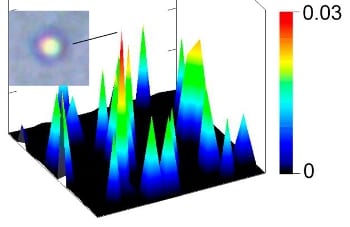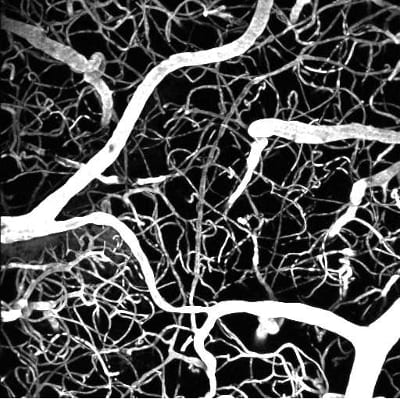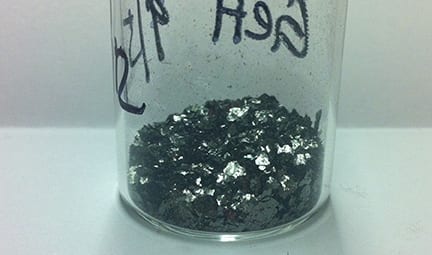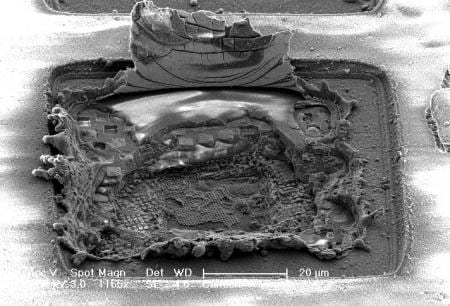Therapeutic strategies for the prevention of Alzheimer’s disease have been investigated by a team from the Indian Institute of Technology at Guwahati.


Therapeutic strategies for the prevention of Alzheimer’s disease have been investigated by a team from the Indian Institute of Technology at Guwahati.

Mark G. Allen has been named the inaugural scientific director of the University of Pennsylvania’s Krishna P. Singh Center for Nanotechnology.

New setup for ex vivo detection reveals low concentrations of biomarkers such as circulating tumor cells, bacteria and nanoparticles in cerebrospinal fluid.

Northwestern University scientist Chad A. Mirkin has been named 2013 Chemistry World Entrepreneur of the Year by the Royal Society of Chemistry.

New kind of dye could reduce the cost of two-photon microscopy by several orders of magnitude.

Thin germanium films, with properties similar to graphene, could lead to lighter, faster electronics.

High-Speed Integrated Circuits laboratory team demonstrated this self-healing capability in tiny power amplifiers.
A new study published shows how nanoparticles can be combined to secure the effective delivery of cancer drugs to tumour cells.
Northwestern University’s Yonggang Huang and the University of Illinois’ John A. Rogers are the first to demonstrate a stretchable lithium-ion battery.
Notre Dame researchers address potential risk of misuse of new technologies, and how it rises with the future benefits.